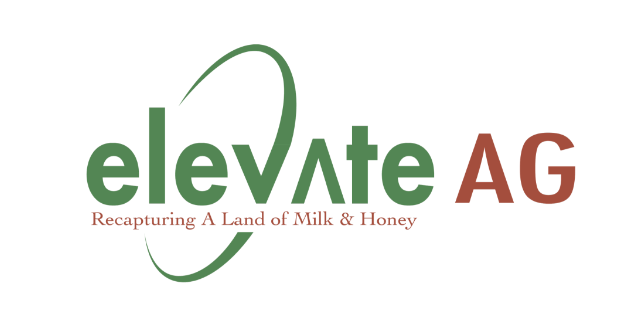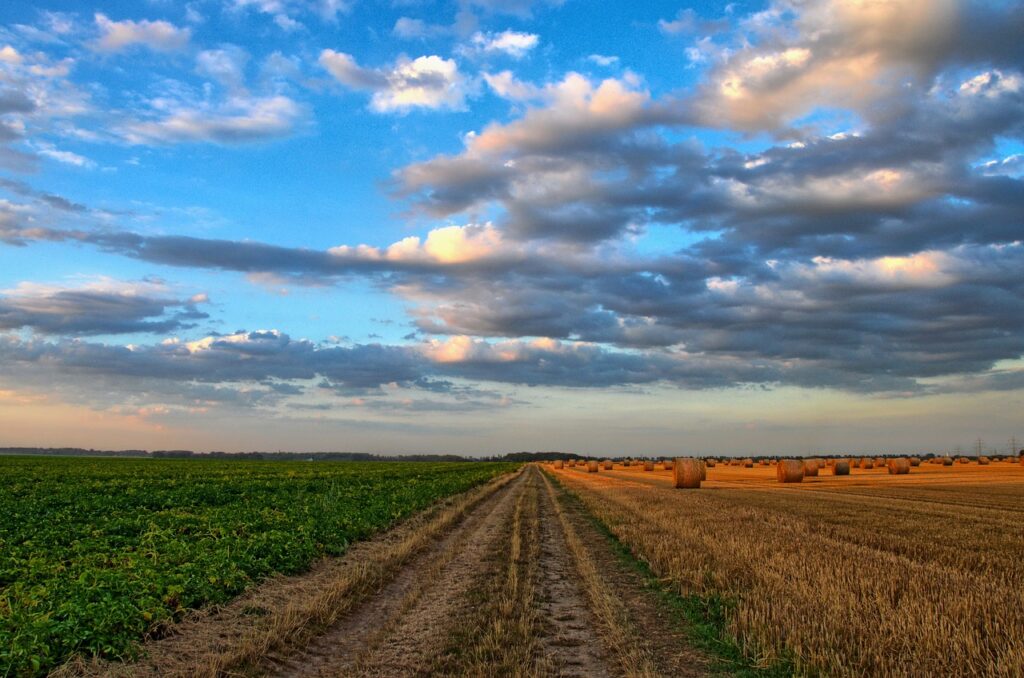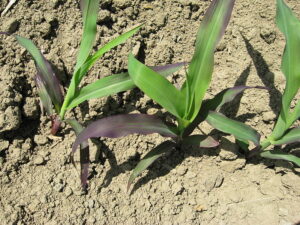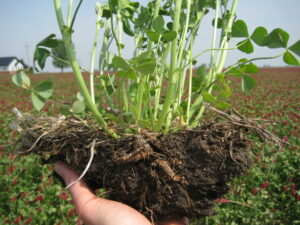Unlocking The Secrets of Healthy Soil: A Deep-Dive Into Regenerative Agriculture
In the pursuit of a sustainable future, a pivotal player lies beneath our feet in the intricate world of soil. Healthy soil is akin to a bustling metropolis teeming with life—an ecosystem bursting with microscopic organisms, from bacteria to fungi to earthworms. Despite their minuscule size, these organisms play a monumental role in soil health, breaking down organic matter to produce vital nutrients essential for plant growth and vitality.
The Vital Role of Healthy Soil in Crop Production
In regenerative agriculture, nurturing soil health is paramount. Healthy soil not only efficiently absorbs water, mitigating the impact of floods and droughts, but also retains nutrients, preventing their loss through runoff. Moreover, it serves as a potent weapon against climate change, sequestering carbon dioxide from the atmosphere and storing it underground, thereby mitigating the effects of global warming.
Maintaining soil health requires a comprehensive approach rooted in understanding its critical role in crop production. Modern farming practices, laden with pesticides, often compromise soil health and food production. Therefore, a microbial approach implemented via regenerative farming techniques and inputs, such as the innovative biologic solutions offered by Elevate Ag, becomes imperative.
The Unintended Consequences of Poor Soil Health
From a regenerative agriculture perspective, unhealthy soil exhibits several characteristics that hinder its ability to support vibrant plant growth and ecological balance. These characteristics often arise from conventional farming practices that prioritize short-term gains over long-term soil health. Here are some key indicators of unhealthy soil:
- Compaction: Unhealthy soil tends to be compacted, meaning the soil particles are tightly packed together, reducing pore space and inhibiting water infiltration and root growth. Compaction commonly occurs due to heavy machinery use or excessive tillage, which disrupts soil structure and leads to soil degradation.
- Erosion: Soil erosion is another prevalent issue in unhealthy soil. Continuous exposure to wind and water erosion strips away the topsoil, which is rich in organic matter and nutrients essential for plant growth. Conventional farming practices such as monocropping and bare soil cultivation exacerbate erosion, leaving the land vulnerable to degradation.
- Nutrient Depletion: Unhealthy soil often suffers from nutrient depletion, where essential minerals and organic matter are depleted faster than they can be replenished. Intensive chemical fertilization without adequate soil management practices leads to imbalanced nutrient levels and reduced soil fertility over time.
- Loss of Soil Structure: Healthy soil has a well-aggregated structure that provides stability, aeration, and water retention. In contrast, unhealthy soil may exhibit poor soil structure, characterized by compacted layers, soil crusting, and lack of aggregation. Loss of soil structure impairs root penetration, water infiltration, and nutrient uptake by plants.
- Imbalance in Soil Microbiology: Soil health relies on a diverse and active microbial community that performs essential functions such as nutrient cycling, organic matter decomposition, and disease suppression. Unhealthy soil often exhibits reduced microbial diversity and activity due to chemical inputs like pesticides and synthetic fertilizers, which disrupt microbial populations and soil ecology.
- Acidification or Alkalization: Soil pH plays a crucial role in nutrient availability and microbial activity. Unhealthy soil may experience pH imbalances, with acidity or alkalinity levels outside the optimal range for plant growth. Acidification or alkalization can impair nutrient uptake by plants and disrupt soil microbial communities, leading to further soil degradation.
- Poor Water Retention: Healthy soil has good water-holding capacity, allowing it to retain moisture for plant uptake while also promoting drainage to prevent waterlogging. Unhealthy soil may have poor water retention due to compaction, erosion, or loss of organic matter, resulting in water runoff and increased susceptibility to drought stress.
Overall, unhealthy soil lacks the resilience and vitality necessary for sustainable agriculture practices. Addressing these characteristics through regenerative agriculture techniques such as cover cropping, crop rotation, minimal tillage, composting, and integrating livestock can restore soil health and productivity over time. By prioritizing soil regeneration, farmers can create a resilient and biodiverse ecosystem that supports thriving crops, enhances environmental sustainability, and contributes to long-term food security.
A Microbial View is the Foundation of Healthy Soil
At Elevate Ag, we’re leading the charge in regenerative agriculture with our proven approach rooted in soil microbiology and biologic solutions. We have designed our products to replenish and enhance the microbial diversity of the soil, providing the essential nutrients and biological activity needed to support robust plant growth. Our careful formulations stimulate microbial activity in the soil. By harnessing the power of nature’s processes, we improve soil structure, fertility, and resilience without relying on harmful chemicals or synthetic inputs.
The Results Speak For Themselves
The tangible results of our approach speak volumes. Farmers who have adopted regenerative agriculture land management techniques and incorporated our biologic products have witnessed significant yield increases, such as an 8-bushel per acre boost with HYPRgERM and AncorN, and a 6-bushel increase with HyprGrow. Furthermore, our solutions have translated into substantial financial gains, with one farmer earning an extra $129 per acre simply by incorporating HyprGrow.
Healthy Soil Is Your Secret Weapon
Investing in regenerative agriculture practices not only enhances soil health but also yields substantial profits for farmers. By prioritizing soil health and biodiversity, we can cultivate a resilient and sustainable food system that nourishes both people and the planet.
Whether you’re a farmer seeking to optimize yields and profitability, or a consumer committed to sustainable agriculture, join us on this transformative journey into the realm of regenerative agriculture. Together, let’s unlock the secrets and benefits of healthy soil and forge a brighter, more sustainable future for farming and food production.








